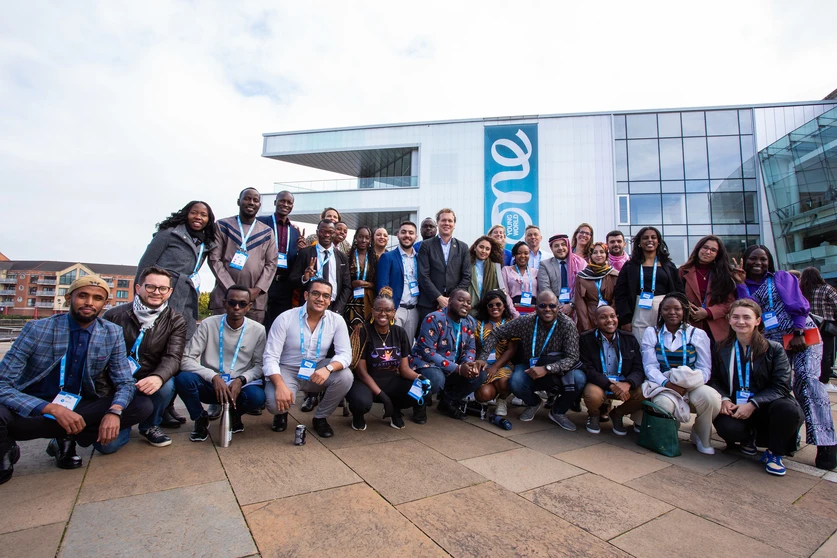For almost a decade we have been sending our young leaders to One Young World. The reason is very simple: no other conference, platform or training brings together such a broad, diverse and inclusive group of people who have one thing in common. They all want to contribute to a sustainable future. DSM is a purpose-led company and as such it is key to equip our talents with inspiration, sustainability leadership skills and an unstoppable willpower to positively impact the world. All these ingredients are available at the Summit: One Young World generates real commitment from Delegates to push forward personal actions for causes they deeply care about. It gives delegates the courage to speak up and be confident to lead by example.
